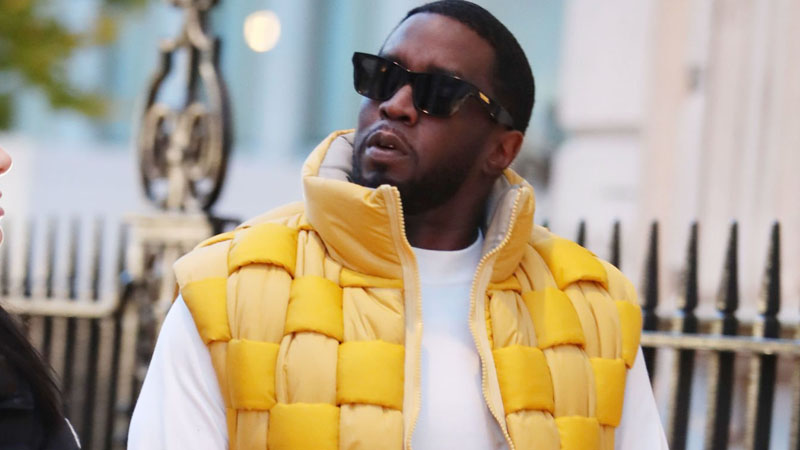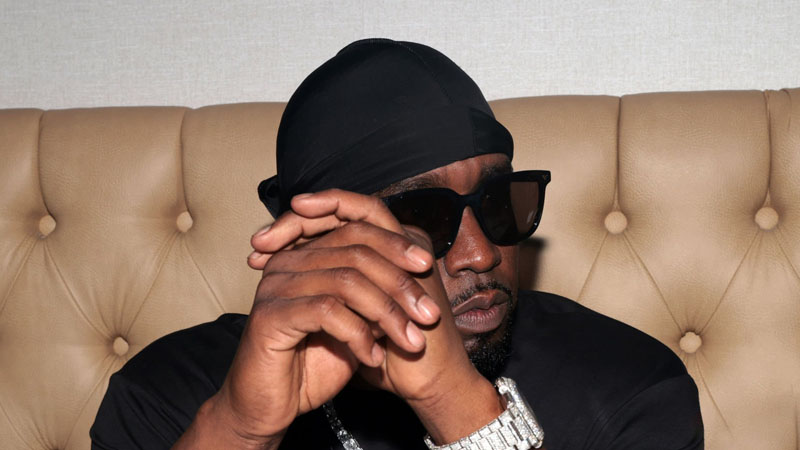The ongoing legal battle involving Sean “Diddy” Combs has taken a significant turn, sparking concern among legal experts after prosecutors dropped several major allegations from the case. The surprise move could, according to one prominent attorney, make it far more difficult for the government to secure a conviction under the RICO statute.
Criminal defense attorney Eric Faddis weighed in on the latest developments during an interview with Fox News Digital, raising red flags about the timing and implications of the prosecution’s decision.
Faddis warned that eliminating critical charges at the “eleventh hour” risks misleading the jury and undermining the case as a whole. He explained that, in order for Combs to be convicted under the Racketeer Influenced and Corrupt Organizations Act (RICO), the jury must first find him guilty of at least two predicate offenses connected to the alleged criminal enterprise, identified as Bad Boy, Combs’ music and entertainment label.
“This move by the prosecution significantly limits the underlying crimes the jury can consider in deciding if Diddy is guilty of RICO,” Faddis stated. “They’re reducing the scope of the RICO charge and the case more generally.”
Faddis concluded that the prosecution’s decision could greatly diminish the chances of a RICO conviction. “All things considered, I think it makes it less likely that Diddy will be found guilty of RICO.”

The government’s decision not to pursue some of the most serious claims—including attempted kidnapping, attempted arson, and aiding and abetting sex trafficking—was disclosed in a formal statement submitted to the presiding judge.
According to court documents cited by Fox News Digital, prosecutors explained their rationale: “The Government understands the Court’s desire for streamlined instructions. With that in mind, the Government has suggested ways to streamline those instructions.”
“Specifically, the Government has removed instructions from the charge relating to (i) attempted kidnapping under both California and New York law, (ii) attempted arson under California law, and (iii) aiding and abetting sex trafficking. The Government is no longer planning to proceed on these theories of liability, so instructions are no longer necessary.”
This shift in strategy comes amid growing scrutiny of the high-profile case, which centers on Combs’ alleged involvement in a wide-ranging criminal operation. While other charges remain on the table, legal observers now question whether the prosecution has weakened its position by narrowing the scope of the case.
With jury selection and trial proceedings approaching, the decision to drop key allegations may have a lasting impact on both the legal strategy and public perception of the case against Sean “Diddy” Combs.

